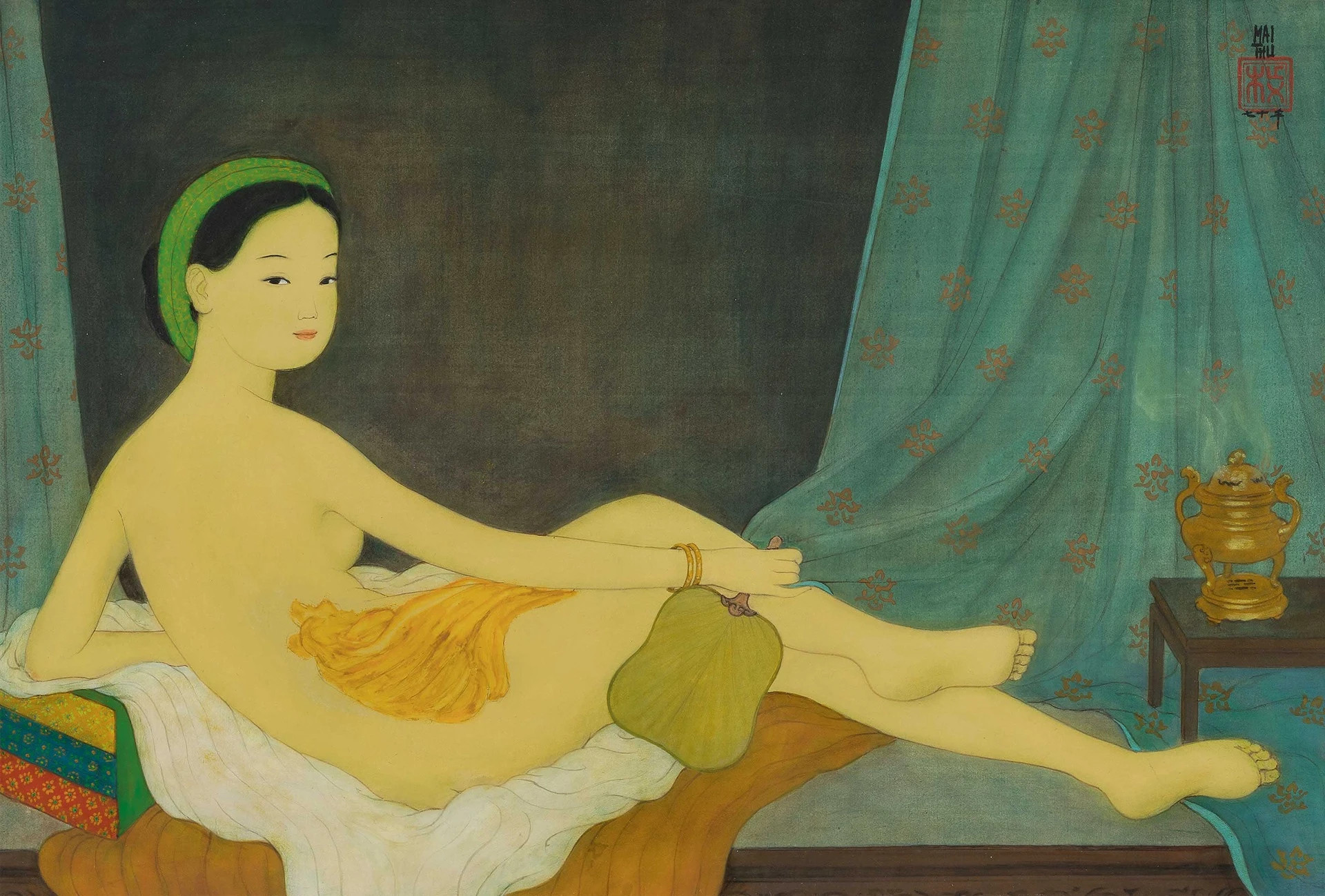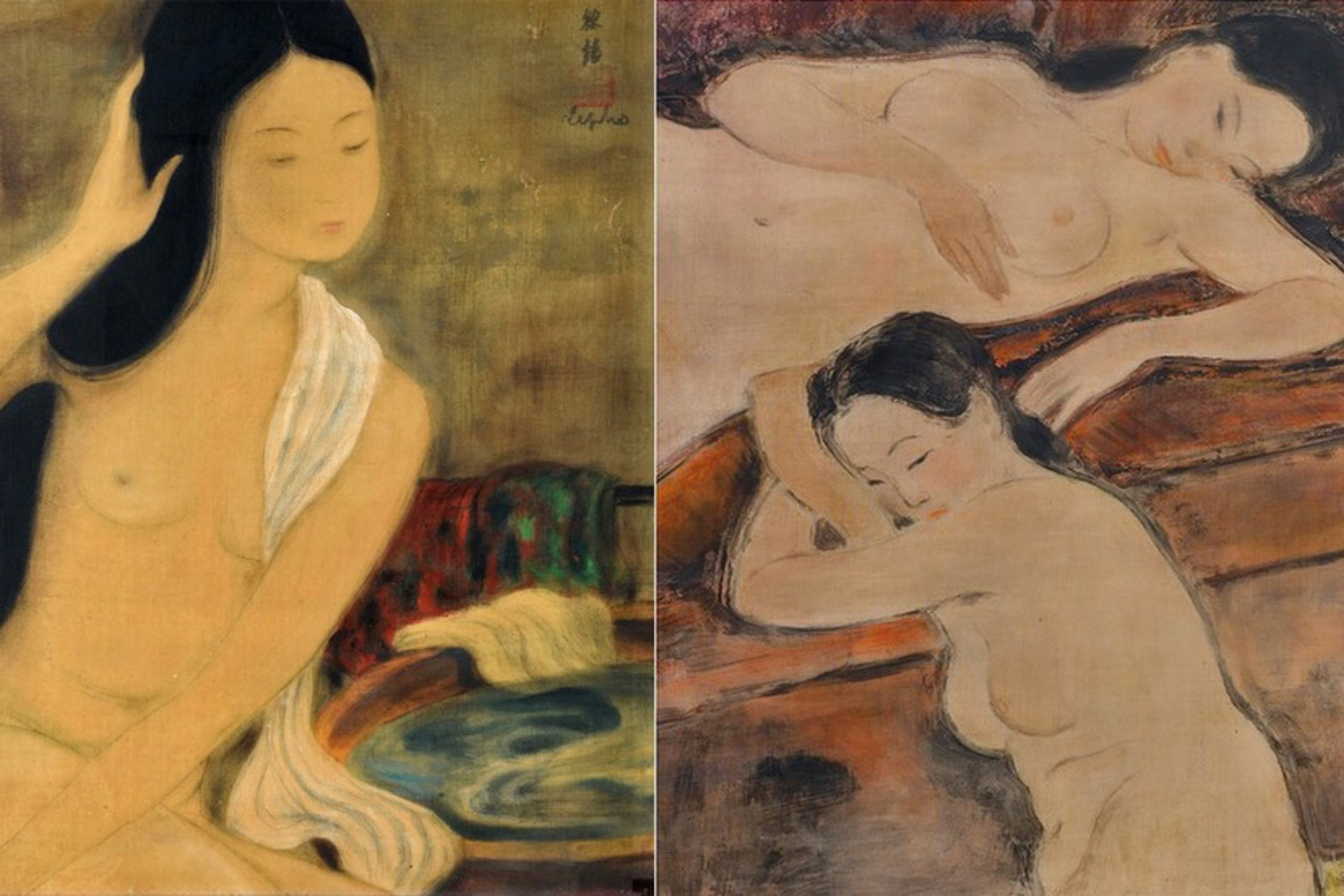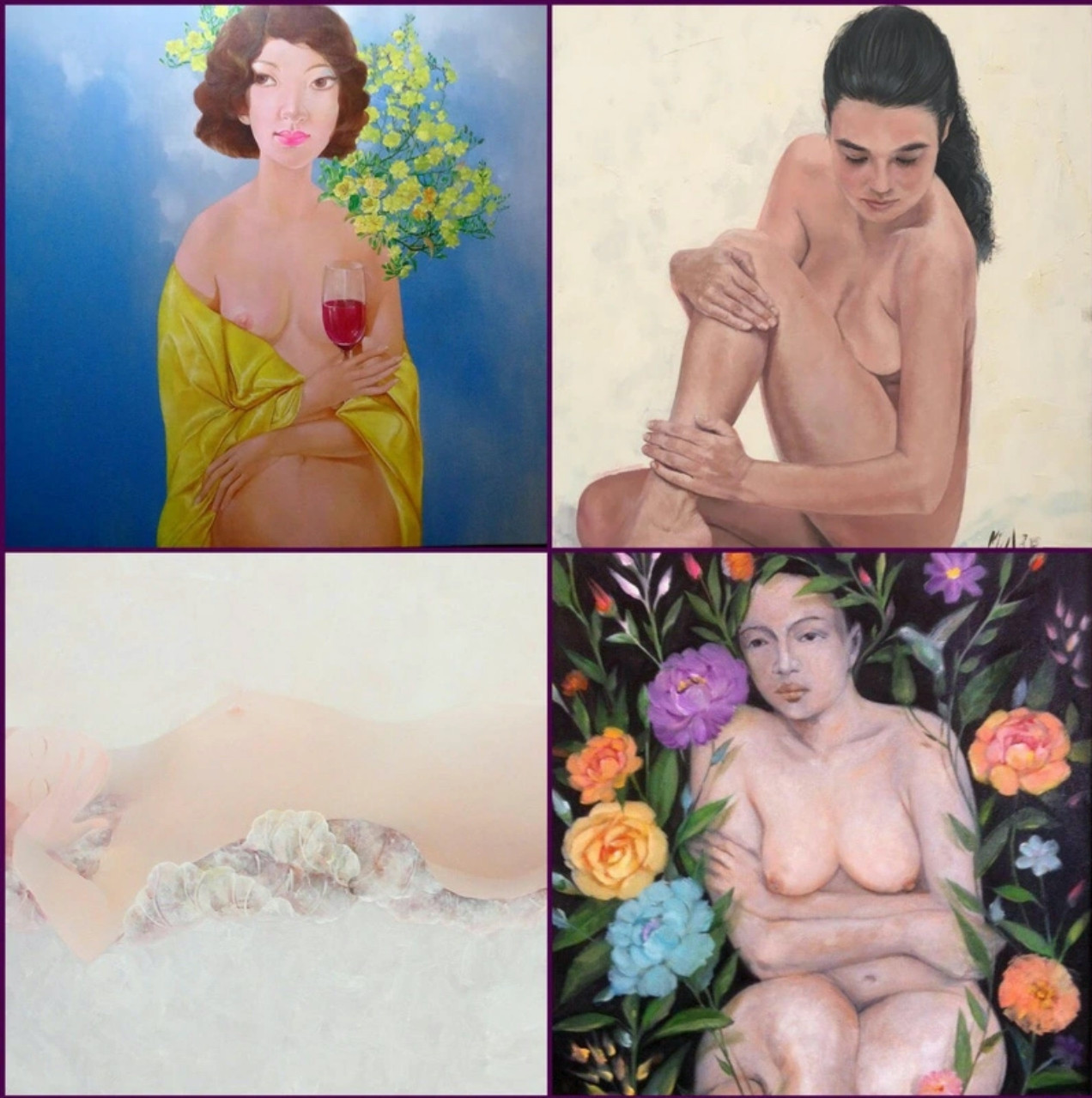
The thin line between art and obscenity
Nude art is captivating due to its artistic representation of the human body. Celebrating the natural beauty of the form, without concealment, invites curiosity and allure among viewers.
Nude art is considered a daring and adventurous subject for both creators and admirers. For centuries, this theme has occupied a controversial space, straddling the line between artistic expression and vulgarity. Some works receive acclaim, while others face backlash, with some even being destroyed.
In Vietnam, the market for nude art remains limited and problematic, largely due to censorship and societal biases.
Luong Xuan Doan, President of the Vietnam Fine Arts Association, noted that while nude art is well-established globally, particularly in Europe, it remains controversial in Vietnam. The divergence between Western openness and traditional Eastern perspectives highlights the subjective nature of art interpretation.

Personal biases often lead to conflicts in both creation and reception. Artists argue that their work is purely artistic, focusing on conveying positive messages rather than being fixated on physicality or genitalia.
Doan believes that outdated and misinterpreted beliefs contribute to the stigma surrounding nude art, leading to its unfair association with vulgarity.
Ngo Kim Khoi, an art researcher with extensive experience in the Vietnamese art market, suggests that it will take a long time for the Vietnamese public to overcome their reluctance and appreciate nude art comfortably. Khoi argues that appreciating nude art requires moving beyond the physical aspect to understand its artistic value.
He emphasizes that nude art celebrates humanity and seeks to find a raw, unadorned beauty through the lens of painting. Yet, the common association of nude art with vulgarity persists, and overcoming this requires significant education and orientation—a long and challenging process.
When will nude art be freed?

The "emotional" aspect of creativity often becomes a barrier to accepting art. Disagreements and lack of common ground can result in artworks being shelved or even destroyed.
Artists express frustration over these limitations, feeling that public access to their work is hindered, which perpetuates the distance between the audience and nude art.
Art experts agree that censorship sometimes relies on subjective judgment. The vague and subjective criteria for what constitutes vulgarity or violation of public morals often lead to arbitrary decisions on licensing and exhibition.
Many artists, eager to showcase their work, resort to alternative venues like salons or cafes to exhibit their pieces.
Ly Doi, a curator, points out that Vietnam, despite not being a religiously conservative country, handles nude art exhibitions with undue severity. He notes that criticism often arises from a vocal minority, leading to widespread scrutiny and backlash.
Instances where artists face rejection for their exhibition applications are common, with approvals sometimes reversed or subject to last-minute changes, often due to vague or subjective reasons.
Final thoughts



For artist Bui Tien Tuan, pursuing nude art is about pushing personal boundaries. The distinction between art and vulgarity depends heavily on individual aesthetic sensibilities, moral standards of the time, and relevant regulations.
Tuan believes that debates about nude art are not new and are essential for invigorating the art scene. Ultimately, art aims to combat forgetfulness, and the debate over what constitutes vulgarity versus art must be considered on a case-by-case basis.
The ongoing discussion around nude art in painting is likely to continue with numerous doubts and biases. Many hope for a more equitable treatment of this art form, allowing artists the freedom to create and audiences the opportunity to engage with art in a more open and civilized manner.
Tuan Chieu
Photo credits: provided by the artists, archives